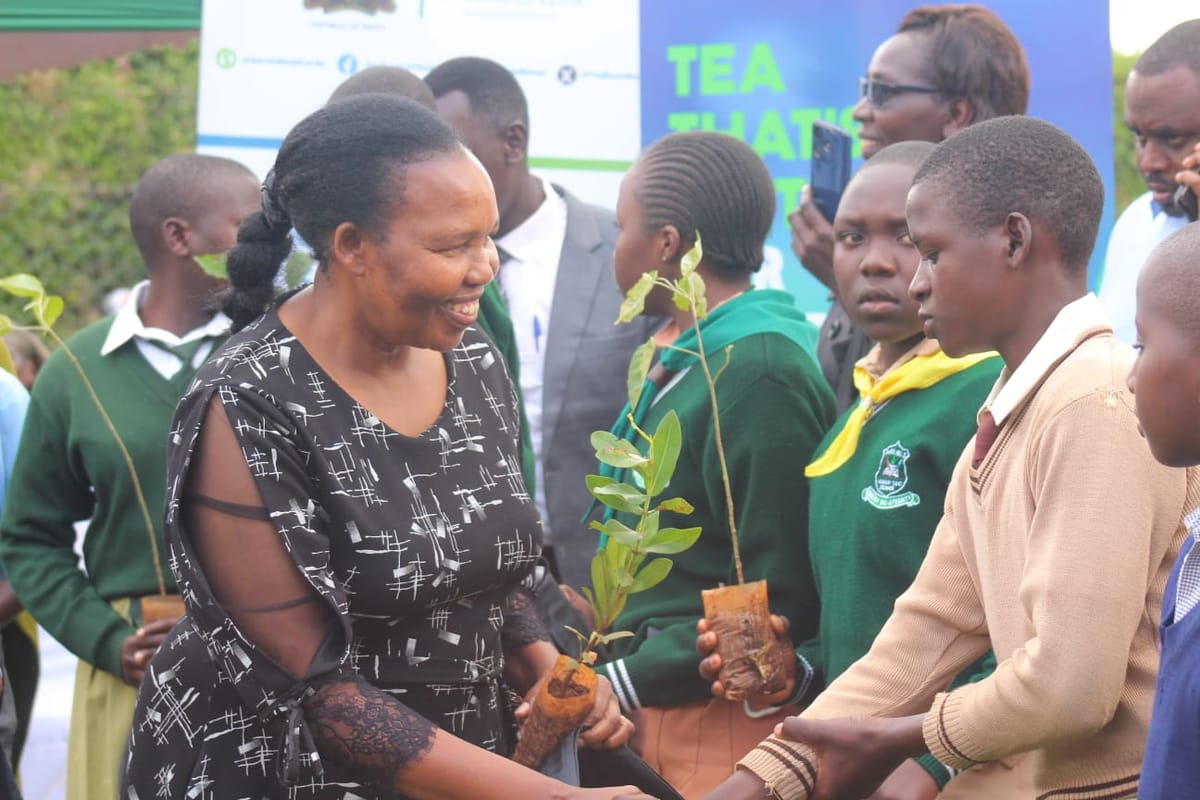Eastern Produce Kenya affirms Kshs 260M investment commitments to quality Tea production

Source: KBC | Kenya's Watching
Author: Christine Muchira
The Produce Kenya (EPK) based in Nandi County, has confirmed its plans to focus on the quality of its Kenyan Tea while enhancing its sustainable production programme.
As part of the firm's three-year investment plans, valued at more than Kshs 260 million, EPK is actively working to improve its energy efficiency, reduce its carbon footprint, enhance its social care, and improve the environment in which it operates. All these efforts support EPK's quest to continue producing quality tea in a sustainable manner.
Speaking during an event to mark this year's International Tea Day Celebrations, EPK Director Leah Kibii Chirchir said that in efforts to create a clear differentiation for a Kenyan Tea brand in international markets, tea producers should ensure that the quality of Kenyan Tea is paramount and adopt the very best sustainable production practices to set Kenya apart from other producer countries to meet global market demands.
"At EPK, we support the movement towards developing a world-class Kenyan tea brand based on recognisable quality and sustainability. This will require tea industry collaboration," Chirchir said.
She added, "Tea is a people industry requiring high levels of continuous training and experienced, focused management at all levels to produce premium Tea. It also includes high welfare standards, environmental conservation, and best-practice factory energy efficiency to comfort our worldwide customers and give them the best farm-to-tea-cup quality experience."
This year, EPK has advanced its climate action commitments to environmental stewardship by planting over 15,000 indigenous trees, including 250 in Nandi Hills Primary School recently and donating 750 tree seedlings to 13 local schools within the area as part of its sustainability agenda. This is in support of the government's 15 billion tree planting programme.
EPK has also taken a lead in sustainable tea production by investing in reducing its thermal energy consumption in its tea factories, targeting an 18pc reduction.
The company is achieving this through a robust energy-saving culture, improved efficiency in boiler operations, and innovative waste heat recovery mechanisms. This has substantially reduced the mass of fuel burnt, thus reducing its carbon emissions.
